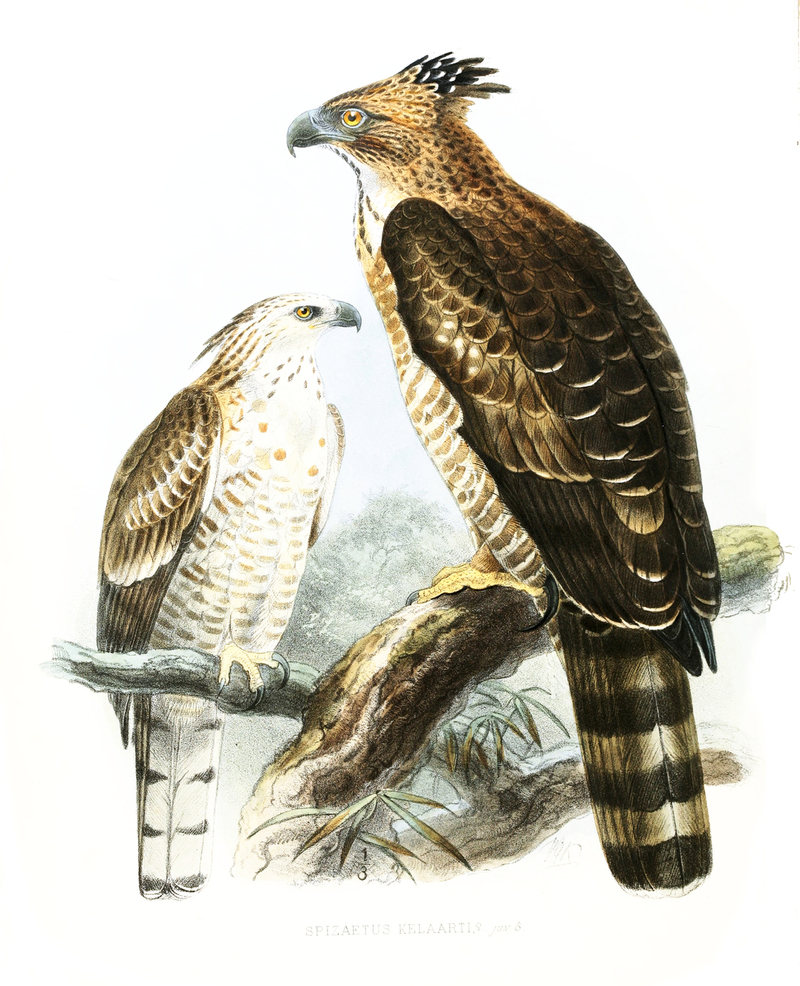|
| Query: bird | Result: 2132nd of 32682 | |
Legge's hawk-eagle (Nisaetus kelaarti)
| Subject: | Legge's hawk-eagle (Nisaetus kelaarti)
| | Poster: | Wiki Photos (---@---.---)
| |

| Resolution: 1153x1421
File Size: 1415978 Bytes
Upload Date: 2022:08:27 14:22:37
|
|
|